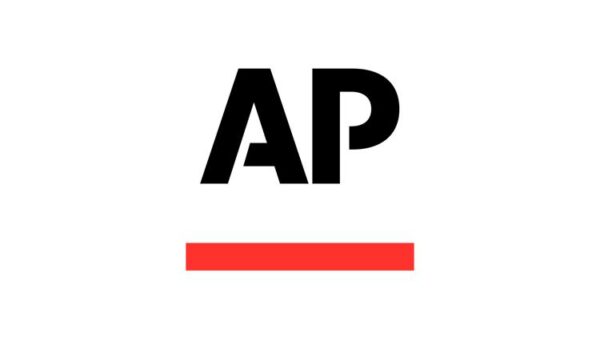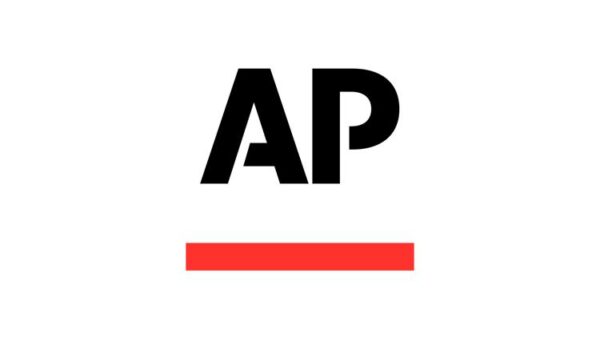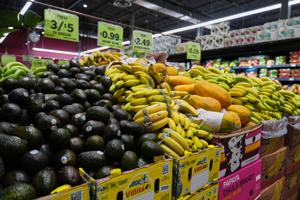In a significant move to support low-income households, several major grocery delivery services, including Instacart, DoorDash, and Gopuff, are introducing discounts for recipients of the Supplemental Nutrition Assistance Program (SNAP). These companies aim to alleviate financial pressure as the U.S. government prepares to cut off pandemic-era benefits in October 2023.
Instacart announced that it will provide a 50% discount on the next grocery order for customers who receive SNAP benefits. This initiative is set to assist those who may face increased challenges as the government reduces assistance payments. The discount will be available regardless of whether the scheduled payments are maintained or not.
In addition to Instacart, DoorDash is also stepping up its efforts. The company has revealed plans to implement similar discounts for SNAP recipients, facilitating easier access to essential groceries. Details on the exact percentage of discounts have yet to be announced, but the initiative is part of a broader strategy to support customers during this transitional period.
Gopuff, another prominent player in the delivery space, has joined the effort by offering specific promotions aimed at SNAP beneficiaries. The company is working to ensure that low-income families can continue to obtain necessary food items despite potential financial strain.
The recent announcements come at a time when many households are feeling the impact of reduced government assistance. According to the U.S. Department of Agriculture, around 42 million Americans are currently enrolled in the SNAP program. As the end of enhanced benefits approaches, there are concerns about food insecurity among these families.
The grocery delivery sector has seen significant growth in recent years, particularly during the COVID-19 pandemic. Companies like Instacart and DoorDash have capitalized on this trend by expanding their services and offering promotions aimed at diverse customer bases. The new discounts for SNAP recipients reflect a growing recognition of the need to support vulnerable populations.
This coordinated effort by leading delivery platforms not only assists those in need but also positions these companies as socially responsible entities committed to making a positive impact in their communities.
With the government’s impending changes to SNAP benefits, the response from these companies is a notable example of how the private sector can play a role in addressing social issues. As they navigate these complex dynamics, the initiatives by Instacart, DoorDash, and Gopuff may pave the way for further collaborations between businesses and government programs aimed at reducing food insecurity and supporting low-income families.




































































